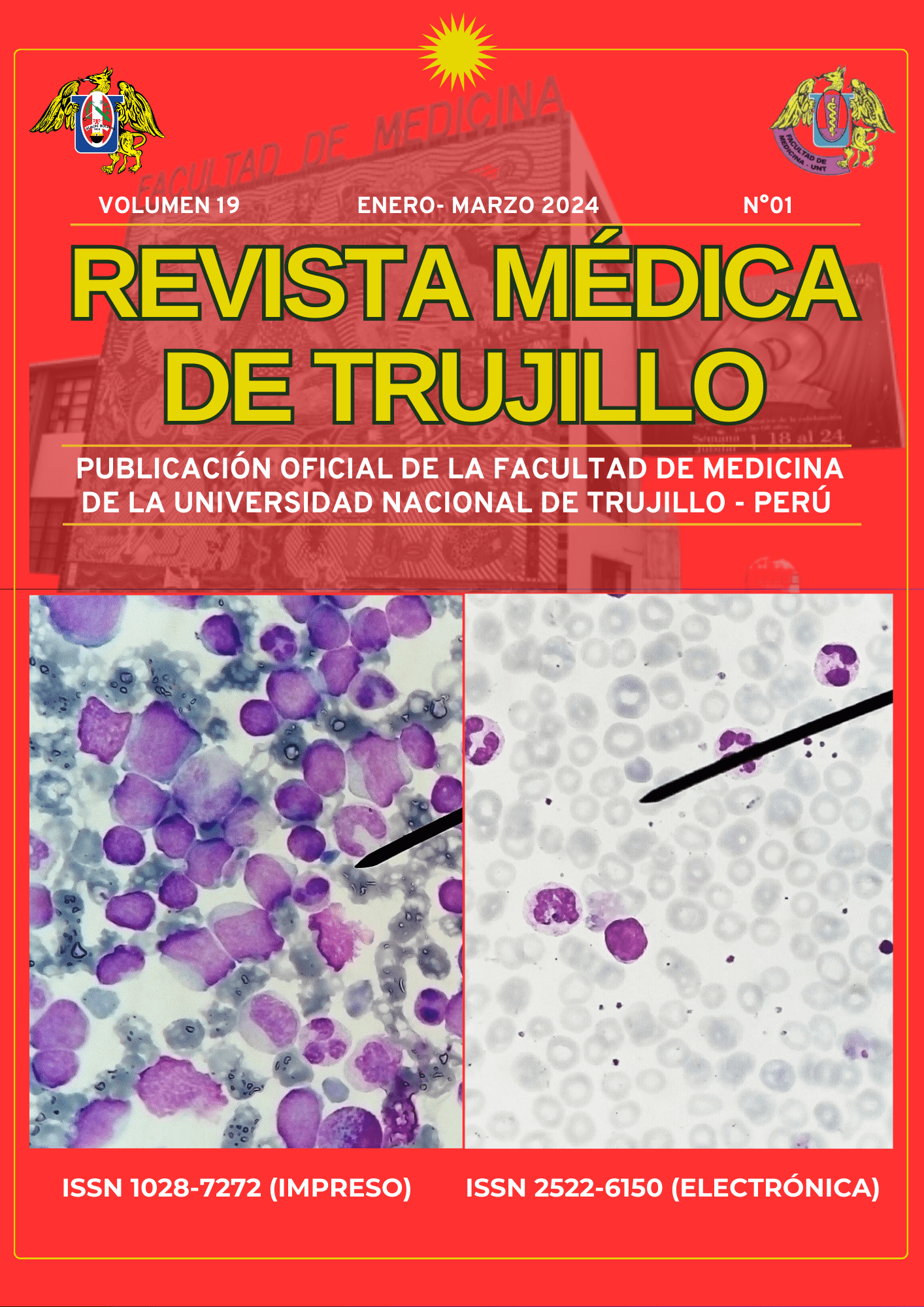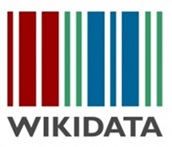Efecto del recalentamiento de las comidas preparadas en la calidad nutricional y seguridad alimentaria
Effect of reheating prepared meals on nutritional quality and food safety
DOI:
https://doi.org/10.17268/rmt.2024.v19i1.5965Keywords:
Reheating, nutritional quality, food safetyAbstract
Reheating food, a common practice in everyday life, poses risks to nutritional quality and health. Different methods, such as microwave, boiling and steaming, affect the organoleptic properties and generate unwanted compounds. Although microwave reheating has demonstrated improved sensory performance, concerns remain about nutrient loss and formation of unknown substances. This study focuses on nutritional macromolecules (starch, lipids and proteins), analyzing structural and functional changes under microwave heating. It also examines the taste, health benefits, potential risks, and bidirectional allergenicity associated with this method. Despite the growing popularity of microwaveable foods in daily life, there are divergent opinions about their effects on nutrition and health.
Recent research compares reheating methods, such as microwave, boiling, steaming, and open flame, highlighting their effects on flavor quality, lipid oxidation, and sensory properties. Additionally, a study on precooking and various reheating methods evaluates pH, color, texture, antioxidant activity, and heating. In this report, we investigate the impacts of reheating on health and dietary quality, highlighting the need for regulation and control of food quality.
Downloads
Published
How to Cite
Issue
Section
License

This work is licensed under a Creative Commons Attribution-NonCommercial 4.0 International License.















